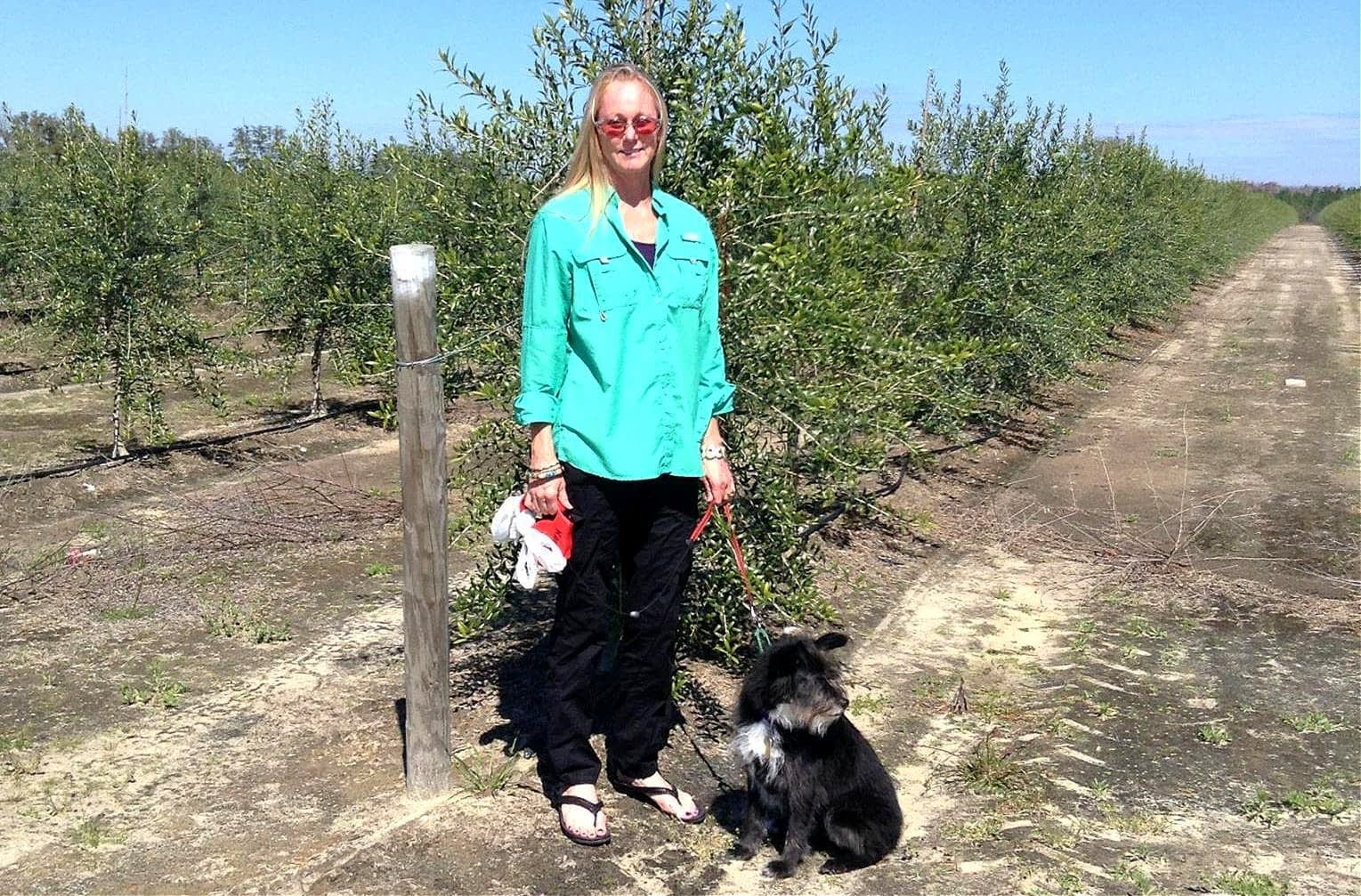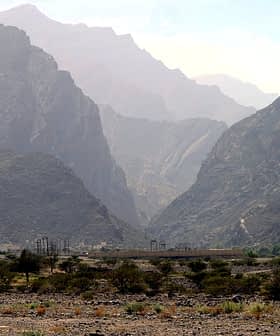After retiring from her position as a senior executive at a large corporation in 2012, Sharon Flanagan returned to her hometown of Eastman, Georgia.
The rural town is about three hours south of Atlanta, in the agricultural heart of the state. According to the Dodge County Eastman Development Authority, agriculture is the largest industry in the county.
This gives us a stronger footing as a viable crop. This award benefits people interested in producing olive oil in Georgia.
“I knew I wanted to do something that looked nice and would be useful for the community,” Flanagan told Olive Oil Times. “And I had just learned that Georgia had started to grow olives.”
So with no previous agricultural experience but a strong work ethic and plenty of determination, Five Otters was born.
See Also:Producer Profiles“I decided to go ahead and clear some of my land and try,” she said. “I wanted to help with promoting the growing of olives.”
With the help of Georgia Olive Farms, Flanagan planted her first 14,000 olive tree seedlings on 25 acres (10 hectares) in August 2014. However, the process was far from a smooth one.
“I’m not a farmer. I’m not a horticulturist, but I’m learning all of this, and I’m a hard worker,” she said. “One time, most of my orchard had been knocked down [during a hurricane], but I was able to get them stood back up.”

Sharon Flanagan
Another of the lessons Flanagan quickly learned related to tree positioning. She originally started planting the trees on the hills on her property.
While the ones farther up the hill did well, the trees planted at the bottom, where the drainage is worse, the soil is more sandy and cold air sits for longer, eventually had to be removed and replanted.
“After about three or four years of battling that, my heart couldn’t take it anymore,” she said. “These trees are not meant to be in this particular soil in the low area.”
Despite these initial challenges, Flanagan plans to expand and plant 11,000 more trees on 18.5 acres (7.5 hectares).
She harvested her first crop of olives in 2020. Flanagan hired a team to come and handpick the olives, leaving the harvested ones in a custom-made trailer that brought them to a small tractor-trailer refrigerator.
Normally when the harvest is completed, she takes the olives down to a medium-sized mill in Lakeland, about two hours south, to be transformed. However, that is not quite how the 2021 harvest turned out.
Flanagan said she originally planned to harvest in October but was told by the miller in Lakeland that he would not be in Georgia that month and the harvest would need to be finished before then.
Torrential rains in late September complicated the harvest for Flanagan and many other producers in Georgia. The rain made handpicking on the hilly terrain more difficult and prevented some other producers from using machine harvesters in their groves.
“This past year was tough,” Flanagan said. “We had to do three separate harvests because of the weather.”
The first harvest occurred immediately after the rain stopped, with the pickers starting in the high grounds, from which most of the water had already drained. Once the first batch of olives was harvested, Flanagan immediately sent them down to Lakeland to be milled in her allotted time slot.
Originally, she had only been given a one-time slot, but on the last day of milling operations, she was able to squeeze in the second batch.
The third batch of olives, which was smaller than the other two, was then transformed in a much smaller mill, which Flanagan co-owns with a friend.
“I love when things don’t go right because you learn a lot,” she said. “This past year, not that things went wrong; they just didn’t go as we planned.”
Despite these difficulties, Flanagan was still able to send her field blend of Arbequina, Arbosana and Koroneiki olives to the 2022 NYIOOC World Olive Oil Competition.
She entered the world’s largest olive oil quality contest because it was one of the business goals she set at the onset of her olive oil production project.
“I was interested in getting feedback on how this was working out,” she said. “I also wanted to be able to give some additional value to the orchard.”
After entering the contest for the first time in 2020/21 and failing to receive an award, Flanagan took the notes provided to her by the panel of judges into account and triumphed, winning a Gold Award at this year’s edition of the contest.
Flanagan said hers is the third NYIOOC award won by a producer from Georgia. “This gives us a stronger footing as a viable crop,” she said. “This award benefits people interested in producing olive oil in Georgia.”
Along with raising the profile of Georgia olive oil, Flanagan believes these awards also help promote local olive oil consumption.
“There are very few people in the smaller towns, like the town I’m in, who have ever experienced fresh olive oil,” she said.
However, Flanagan thinks the gold stickers sent by the NYIOOC to winning producers to place on their olive oils help the bottles stand out.
“It’s eye-catching, and people ask about it. They want information about the award,” she said. “It triggers conversations and has opened some doors in places that were hesitant about selling the oil.”
Flanagan sells her extra virgin olive oil in several local stores, a cooperative near Atlanta, another store in North Carolina, to a few local restaurants and around the country through her online store.
Flanagan forecasts the coming harvest will be just as complicated as the previous one after an unusually warm winter led some of her olive trees to blossom early. However, a subsequent cold snap meant others did not blossom until later in the spring. “I think every year will be an experiment for me,” she said.
Despite its more humid climate than traditional olive growing locations, Flanagan believes central Georgia has everything necessary to promote olive oil production and hopes to do just that.
“I want more olive growers of all in Georgia because I think the crop has a future,” she said. “There are some differences. For example, people question the weather, but we’ve proven that that’s not an insurmountable obstacle.”
Overall, Flanagan believes there are far more upsides to farming in Georgia than obstacles, from the abundance of water to the sense of community.
“The price of land here is affordable,” she said. “There’s plenty of water. There’s plenty of sun. There’s a good network of support.”
“Georgia is a large state, but it’s a small state when it comes to the farmers,” Flanagan concluded. “Everybody knows everybody. If you need something, you pick up the phone, and somebody is right there to help you.”








